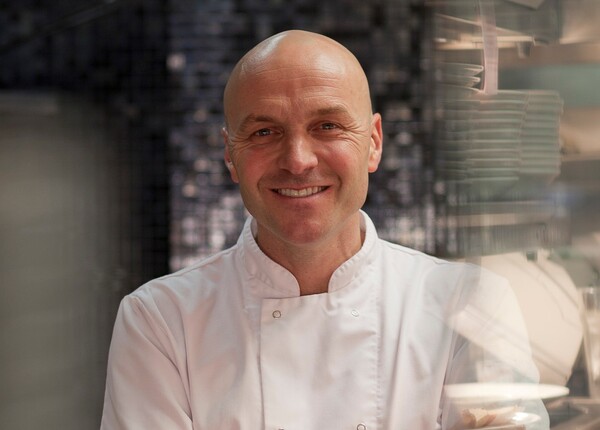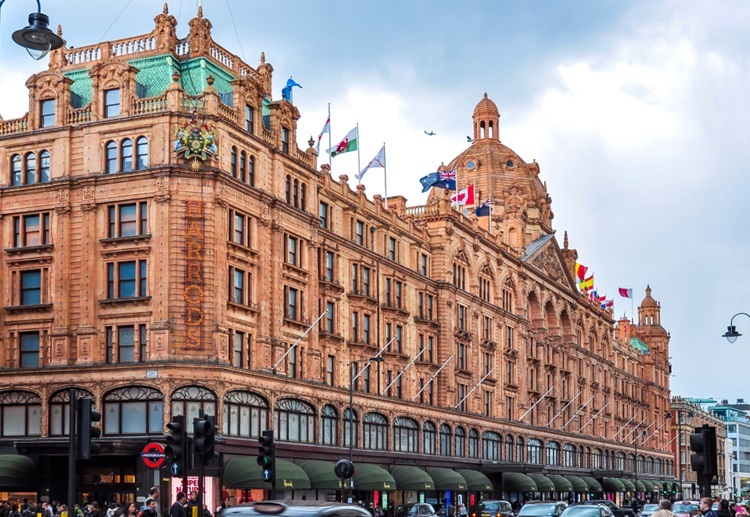Inside track: It’s the unquantifiable parts of a business that mark its success, says Neil Rankin
It’s the unquantifiable parts of a business that determine whether it will stand the test of time, says Neil Rankin
It’s possible that the word ‘value’ is the most complicated, most misunderstood and also the most important word in the English language.
Value is any number or cost perceived sometimes to be cheap and sometimes not. It is a cost in relation to other costs that are greater or the same but for less; a scale of importance; a state of worth within a market; a measure of absolute importance; and, if you just add a simple ’s’ to the end, it is both a plural, a verb or an adjective. Most importantly, it is a belief system that underpins almost every religion, moral framework and possibly every decision we ever make in our lives. Value is a big word.
Understanding the importance of value in the context of running a restaurant or any business is pretty much the secret to making the whole thing work long term. Without considering it in all its contexts you may be heading for a hard fall.
Value in its sense of ‘good value’ is appropriate to almost any successful venture, from the bottom to the top. McDonald’s is the king of the bottom end, with a fierce dedication to providing a product for under a £1, while also providing great spaces, fast service and even an eye on sustainability that outshines its more expensive competitors. The model is and always has been in constant growth and innovation without losing sight of its target market. There’s a lot to learn from McDonald’s, even if you’re not a fan of the food.
Even in the high-end world of tasting menus and Michelin stars the perceived value for high quality of service, menu size and time should not be overlooked. Once again that value may be unrecognisable to those who are not in its target market, but for those who are, that feeling of getting more than you have paid for is key.
That all seems obvious enough, but what is usually lost in most models in any market is having and maintaining a constant focus on core ‘values’. The thing that holds the Dishooms, the Corbin & Kings (RIP), the Hawksmoors and the JKS concepts to name a few (and there are only a few), is a skill in looking at their business from top to bottom and constantly evaluating their decisions against its values. Whether that’s in the way they treat, pay and reward their staff, in the suppliers they use, in the sustainability or ethical goals they prioritise, the detail of what makes them special, or the community work they do. These companies constantly deliver as great members of a wider society as well as being great restaurants.
It’s a full-time job, which means looking in as well as out and focusing on what most companies would see as an unnecessary extravagance, but, in truth, should be the thing we spend as much energy on as anything else, though few ever do.
It’s hard to focus with so much exterior noise, but to be a part of a society is never about prioritising yourself, it’s about looking at the needs of those around you and finding your place among them. In this market where we struggle to find staff and fight for customers and profit, the most selfish among us and the ones concerned only with the bottom line, ego and returns will undoubtedly feel the backlash the hardest. People will tire of your food long before they tire of your journey, if they truly feel part of it and your values.
















